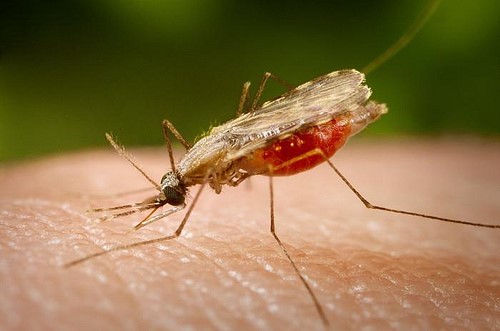WHO Recommends Widespread Use of Malaria Vaccine in High-Risk Regions
Malaria continues to pose a serious threat in India’s forested and tribal areas
Malaria, a deadly disease transmitted through the bite of infected female Anopheles mosquitoes, remains a significant health concern in India’s eastern and central regions, as well as states with extensive forests, hilly terrain, and tribal populations. States such as Odisha, Chhattisgarh, Jharkhand, Madhya Pradesh, Maharashtra, Tripura, Meghalaya, and Mizoram report the highest number of cases.
Recognizing Malaria Symptoms – A Key to Early Detection
Malaria symptoms can often be mistaken for flu, making early detection challenging. The incubation period is typically between 10 to 30 days, but in some cases, people may not experience symptoms for up to a year after being bitten. Common symptoms include fever, chills, muscle aches, headaches, breathing difficulties, diarrhea, and nausea. As the disease progresses, it can cause anemia and jaundice (yellowing of the skin and eyes).
Timely Treatment – Crucial for Saving Lives
Early diagnosis and prompt treatment are crucial for managing malaria effectively. Treatment should only begin after laboratory confirmation. Doctors prescribe specific medications to target the subtype of Plasmodium causing the infection, such as vivax, falciparum, or ovale. The type and duration of treatment vary accordingly.
Prevention – The First Line of Defense
Preventing mosquito bites is the primary preventive measure against malaria. If you live in or visit a malaria-prone area, take precautions to avoid mosquito bites, especially during dusk and dawn when mosquitoes are most active. Wear long-sleeved clothing, use insect repellent on exposed skin, and treat clothing with repellent. Additionally, sleeping under bed nets can provide protection during the night.
RTS,S Malaria Vaccine – A Game-Changer in the Fight Against Malaria
In a significant milestone, the World Health Organization (WHO) has recommended the widespread use of the RTS,S/AS01 (RTS,S) malaria vaccine, designed to target Plasmodium falciparum, the deadliest malaria parasite globally. The vaccine has shown promising results in reducing malaria and severe cases in children. It has been administered to more than 1 million children in Ghana, Kenya, and Malawi since 2019, with over 3 million doses administered through routine immunization programs.

